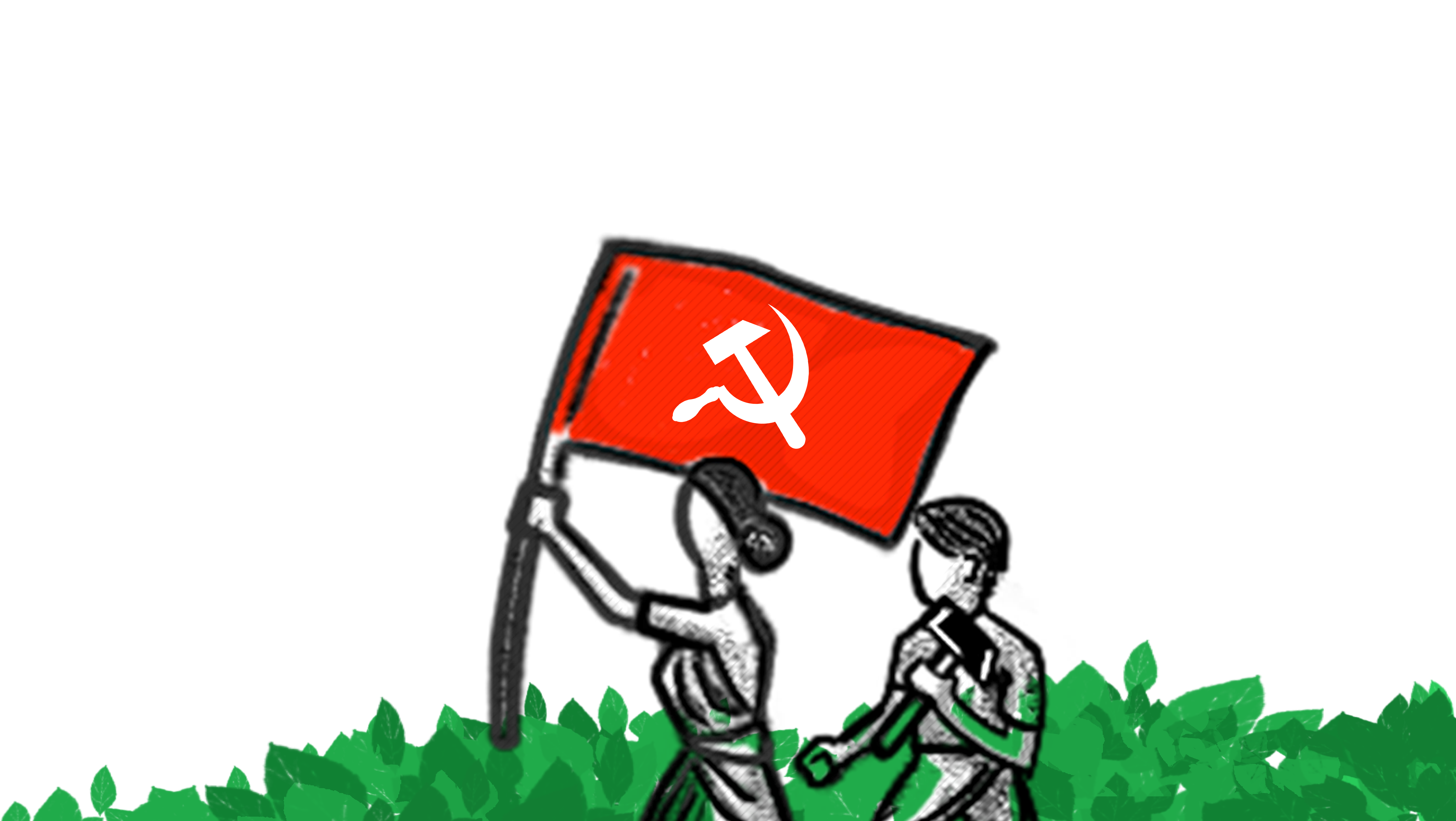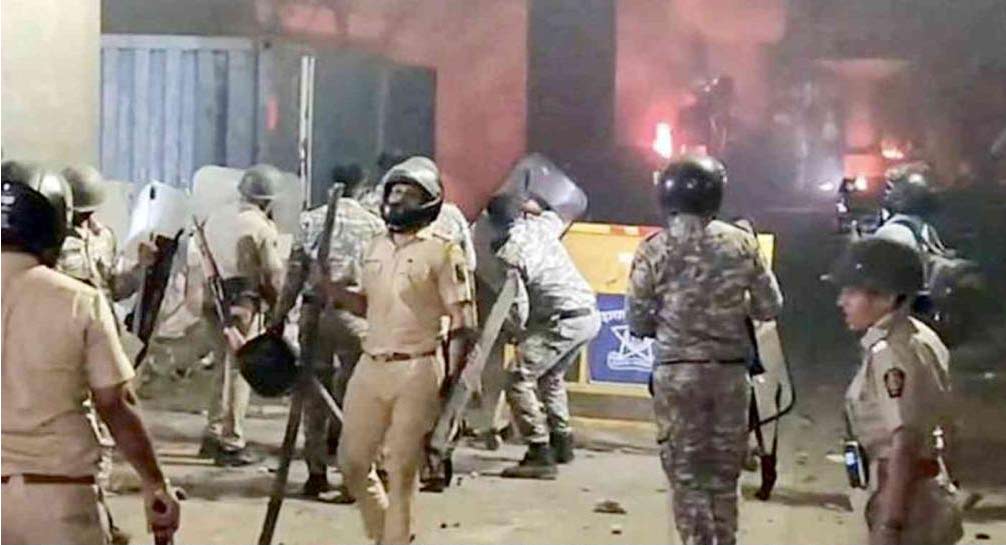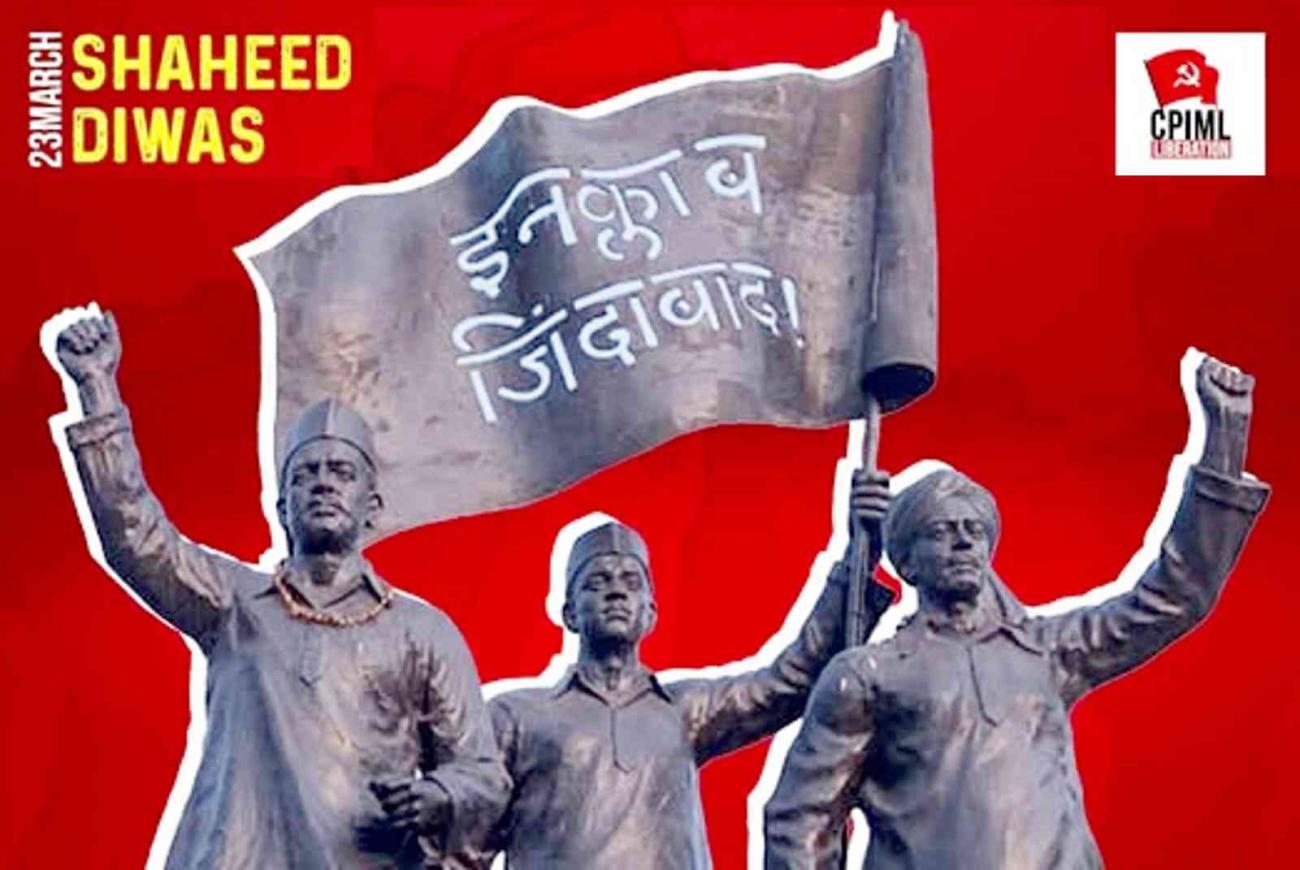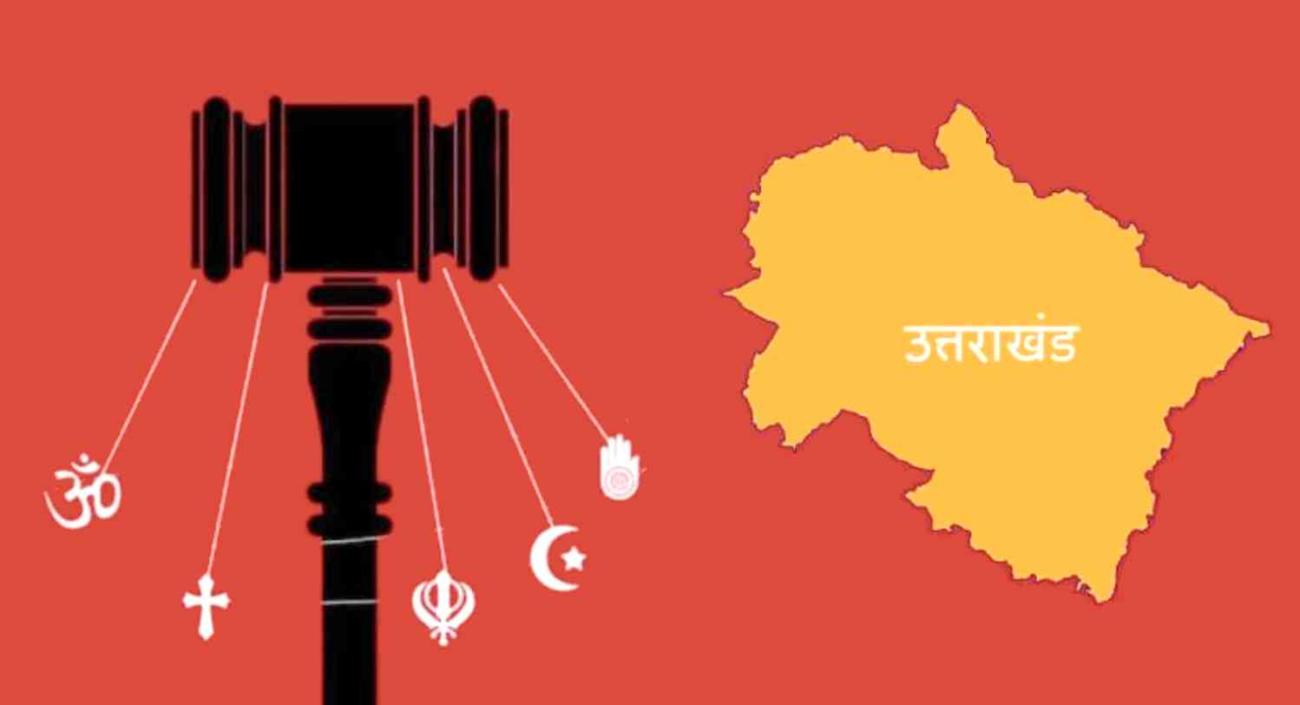The mandate, though emphatic, is marked by accusations of massive misuse of the state machinery and media. It also reveals deep divides in the Sri Lankan polity while Rajapaksa bagged majority Sinhala votes, his opponent led in all ethnic minority areas. Reinforcing this ethnic divide is a wider rural-urban and class divide even in Sinhala-dominated areas Fonseka had greater support among the urban elite while rural Sinhala voters voted overwhelmingly for Rajapaksa.
Both Rajapkasa and Fonseka camps had projected their candidates as war heroes and sought to win the polls by whipping up competitive waves of Sinhala chauvinism and triumphalism. For Rajapaksa supporters, the President had become Maha Rajanani (the great king), and State-run television channels and radio stations regularly played a song that hailed him as the great king who united the country. The Fonseka camp, on the other hand, hailed Fonseka as the real decimator of the LTTE. In his resignation letter Fonseka openly attributed the victory over LTTE to his own vision, command and leadership� while charging Rajapakse with undermining the army, mismanaging the economy and promoting corruption and cronyism all around.
Using an analogy from Cricket, Fonseka supporters claimed that just as in Cricket matches selectors and coaches could not claim to be the man of the match, the credit for the military victory should also go to the actual Army chief and not the President who was nothing more than the constitutional head of the armed forces. Victorious Rajapaksa now retorts by arguing that people remember the emperor who built the Taj Mahal, not the mason or chief engineer who led the construction work!
In their political views, both Rajapaksa and Fonseka are unabashed votaries of Sinhala majoritarianism. In an interview published in the Canadian magazine National Post on September 23, 2008, Fonseka quite bluntly advocated his Sri Lanka for the Sinhala� line: I strongly believe that this country belongs to the Sinhalese but there are minority communities and we treat them like our people. They can live in this country with us. But they must not try to, under the pretext of being a minority, demand undue things.� Rajapaksa now talks of addressing minority grievances, but only from the position of a victor who demands the allegiance of his subjects, as was evident from his interview with N. Ram of The Hindu: They (Sri Lankan Tamil leaders) were not interested in solving this problem as long as Prabhakaran was there. Now they must understand that there is no option for them but to talk. I'm the President of the country, I'm the leader of the country, they must come and negotiate with me, have a dialogue with me. If they think they can't cope with me, new leaders will come up and I will have to deal with them.�
During the Presidential election, most of the opposition parties in Sri Lanka had come together to support the candidature of Fonseka. But now that Fonseka has been charged with sowing dissension in the Army and is facing court martial, opposition parties will have to reposition themselves for the impending parliamentary elections.
In a way, Fonsekas defeat marked a popular rebuff to the Army elites attempt to meddle in politics. In popular perception, Fonseka was also perceived as an American protégé even though Rajapaksas brother and defence secretary Gothabaya Rajapakse who is credited to have mapped out the strategy of the war on LTTE was also a long-time resident in the US and Rajapaksa too took full advantage of the American discourse of war on terror to step up the military offensive against the LTTE. The US is however wary of the Rajapaksa regimes growing economic and political ties with China and may well find it convenient to invoke the slogans of human rights and democracy to tighten pressure over Colombo.
Rajapaksa flaunts his good ties with key Asian countries India, China and Japan in particular to ward off US pressure. To keep India in good humour, he has even made a distinction between India and China or Japan. In the aforementioned Hindu interview he described India as relation� and others as good friends!
For the overwhelming majority of the Sri Lankan population Tamil as well as Sinhala life has indeed become quite harsh. Sri Lankas once celebrated model of social welfare has crumbled under the growing burden of militarization of the islands economy and polity. Contrary to the empty promises of greater devolution of power, hundreds of thousands of Tamils find themselves herded into refugee camps (ostensibly called welfare villages) in miserable conditions and the media and international relief organizations have very little access to these camps. In such conditions it is difficult to think of any meaningful national reconciliation between the Sinhala and Tamil peoples. Democracy and social welfare have been the biggest casualties of the Sri Lankan states war on LTTE, and the people of Sri Lanka will have to wage a determined and protracted battle to improve their conditions and secure their rights in the war-ravaged island.





